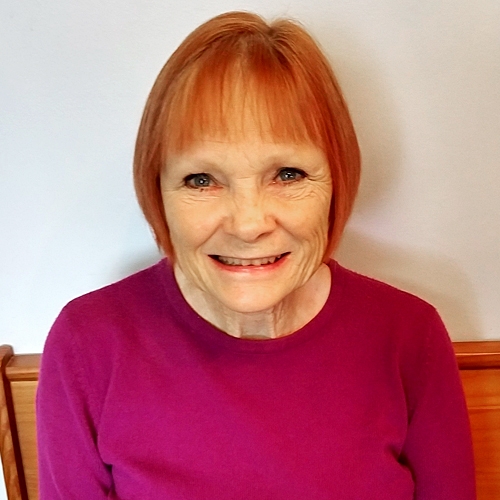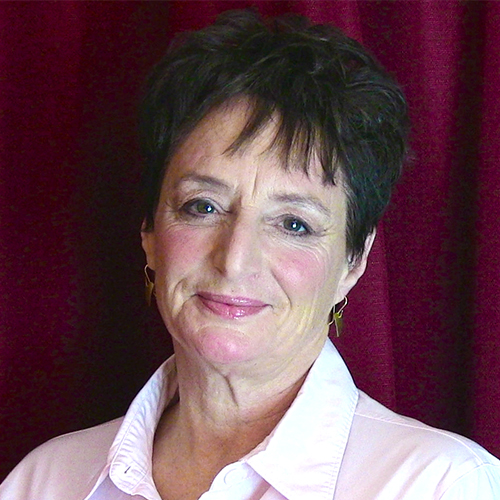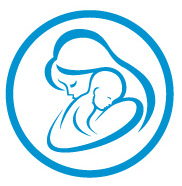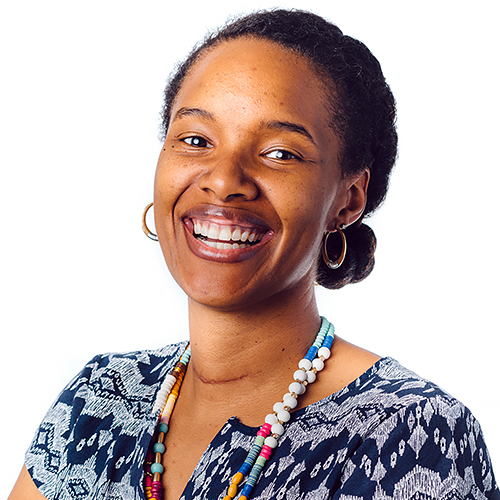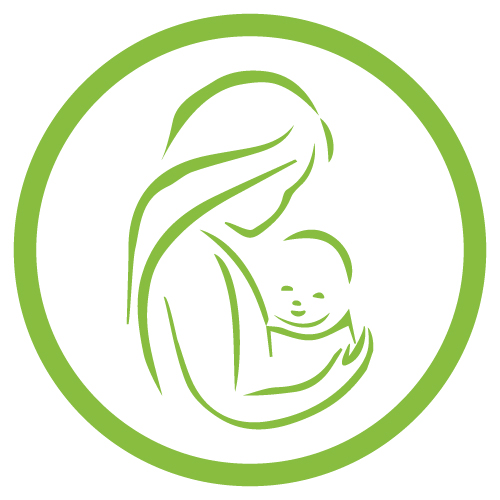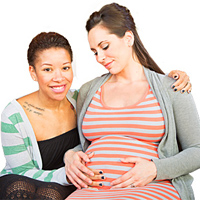 IBCLC Detailed Content Outline: Psychology, Sociology, and Anthropology Focused CERPs - Section V
IBCLC Detailed Content Outline: Psychology, Sociology, and Anthropology Focused CERPs - Section V
Access CERPs on Psychology, Sociology, and Anthropology for the IBCLC Detailed Content Outline recertification requirements. Enjoy convenient on-demand viewing of the latest Psychology, Sociology, and Anthropology focused IBCLC CERPs at your own pace.
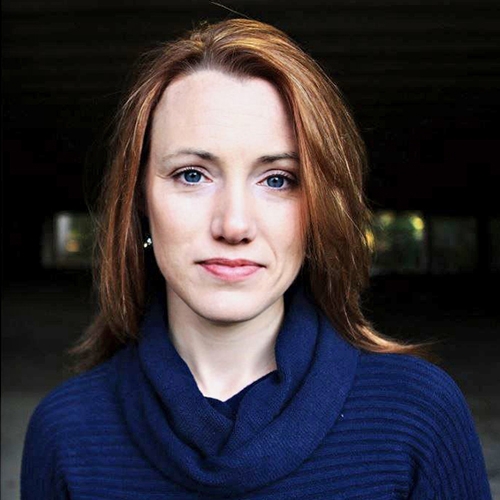
Survivor Mothers' Speak: Child Sexual Abuse Impacts Breastfeeding Experiences

Emily Taylor is nationally recognized for leading hospital transformations to advance health, happiness and equity in communities impacted by structural oppression.
As Founder and Director of WISE (Women-Inspired Systems’ Enrichment), Emily currently leads Perinatal Care Quality Improvement Collaboratives throughout the United States. The collaboratives feature equity and social justice, action-oriented knowledge and skill-building, community engagement, and advanced leadership development.
Emily serves as Chair of the United States Breastfeeding Committee – a coalition of more than 100 organizations that collaboratively drive efforts for policy and practices that create a landscape of breastfeeding support across the United States.
Prior to founding WISE, Emily was Deputy Director of the Carolina Global Breastfeeding Institute. There, she directed the National Collaborative for Advancing the Ten Steps and other collaborative programs. She also conducted myriad research studies resulting in publication on influence of infant formula marketing, implementation of the Baby-Friendly Hospital Initiative, access to donor human milk in the United States, child sexual abuse survivors’ experiences with breastfeeding, and organizational readiness to change.
Emily is currently pursuing her doctorate in Public Health Leadership at the University of North Carolina at Chapel Hill, the same school from which she earned her Master of Public Health from in 2007. She completed the Institute for Healthcare Improvement’s Improvement Advisor Professional Development Program in 2012, and Tamarack Institute’s “Champions for Change: Leading a Backbone Organization for Collective Impact” in 2013.
Her experience as a certified childbirth doula and Lamaze educator and her identity as a woman, feminist, sister, advocate, and equity accomplice continue to inform her work.
One in four girls in the United States report having been sexually abused before their eighteenth birthday. This session will explore how this experience impacts breastfeeding and how lactation supporters can play a positive role in both healing and feeding. A small amount of time will be dedicated to understanding the scope of child sexual abuse in the US. Participants will benefit from hearing lessons gleaned from contemporary peer-reviewed literature that explores the relationship between the surviving child sexual abuse and breastfeeding. The majority of time will be spent hearing from the experts themselves: mothers talking about how their experiences of child sexual abuse impacts their experiences with breastfeeding. Participants will gain insight to the vulnerability and resilience that exists within this large group. The session will end with recommendations for how to provide lactation support that respects and enhances parents’ opportunities to gain power, self-possession, softness and inter-generational healing.
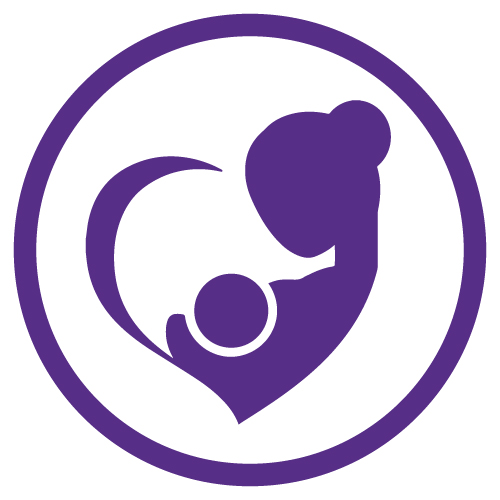
View Details / Enroll
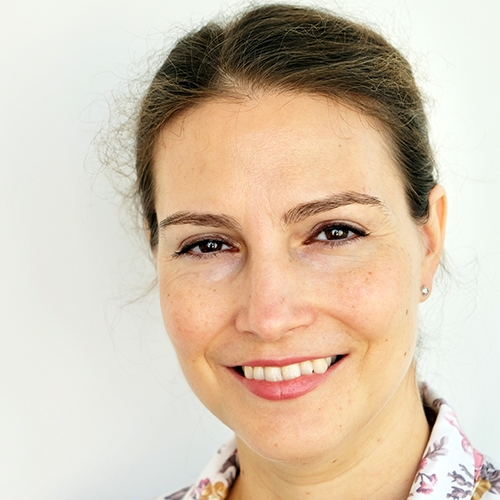
Talking to Babies: Basic Communication Skills for Lactating Parents and Healthcare Specialists

Dr. Smaranda Nay is a Family Doctor, an IBCLC, a Personal Development Counselor and a mother. She has been studying Transactional Analysis psychotherapy since 2007 and is now in her second year of training to become a Somatic Experience therapist. She uses her knowledge to teach parents how to connect with their children and how to attune to their babies’ needs, both through individual counselling sessions and in classes. She is part of the Romanian Lactation Consultants Association and holds lactation education courses for future IBCLCs. She gives lactation counselling consults and holds breastfeeding and childcare courses.
She also holds personal development workshops for teenagers and adults, collaborating with non-formal education organizations and schools. She is particularly curious about the development of an attuned relationship between people and building intimacy and trust. Working with babies, she observes the parent-child connection and explores its potential in healing and growth, and how it impacts the future development of the individual. Working with teenagers and adults, she facilitates ways in which childhood disruptions can be healed in the present.
This is a presentation on how explaining things to babies of all ages, including newborns, can help solve difficult moments during lactation in the parent-baby relationship and lead to healthy parenting. Communication blocks happen frequently due to changes, events, and anxiety, and sometimes they can interfere with breastfeeding/chestfeeding. At least some of these blocks can be solved by communicating with the baby in an open, compassionate, and respectful way.
Lactation and healthcare professionals will learn how to approach such situations, what questions to ask and what suggestions to make to parents so they and their babies can overcome the situation. Lactation and healthcare professionals will also learn about different cases that I have encountered, how the method was applied and what were the results.
I deeply believe that the way we talk to babies, communicate with them and how we teach parents to do that is an essential part of our work. On the long term, it can make an important difference to how those babies are treated, respected, parented, educated, and raised and what kind of adults they will become.

View Details / Enroll
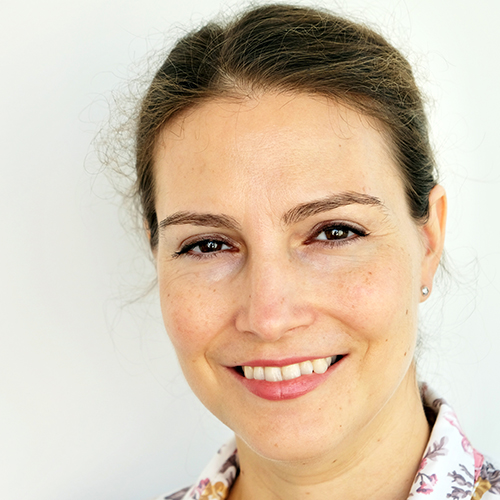
View Details / Enroll
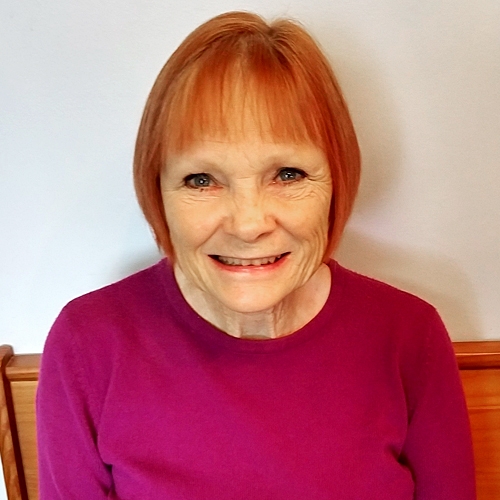

Nancy has been providing breastfeeding help and support for 40 years and has been a national speaker for 30. She has been a perinatal educator and consultant since the late 1970’s. Her second career is that of a Marriage and Family Therapist. Her passion is to explore the larger picture of the mother-baby dyad in the context of the breastfeeding relationship.
Topic: Teens and Breastfeeding - [View Abstract]
Current information on working with teen mothers includes issues such as body art, nutrition, grandmothers, and adolescent brain development. Strategies for connecting with and teaching these mothers will be addressed.

View Details / Enroll

The 5 Most Common Failures in Neonatal Resuscitation

Karen H. Strange is a Certified Professional Midwife (1996), American Academy of Pediatrics/Neonatal Resuscitation Program Instructor (1992).
She is founder of the Integrative Resuscitation of the Newborn workshop, which includes the physiology of newborn transition. She teaches the “when, why and how” of helping newborns that are either not breathing or not breathing well, with incredible clarity. She helps the provider have a sense of what the baby is experiencing which leads to a more appropriate response to newborns in need. Karen has done over 1,000 hours of debrief/case reviews regarding resuscitation. She is an international speaker and has taught over 14,000 people worldwide. There are many neonatal resuscitation instructors but Karen teaches practical neonatal resuscitation, regardless of the place of birth. And her teachings instill a strong sense of confidence and competence in providers, so they can respond in the least traumatic way.
Topic: The Remarkable Transition From Liquid to Air at Birth: The Implications for Neonatal Resuscitation - [View Abstract]
Topic: When You Know Better, Do Better - [View Abstract]
Topic: When, Why and How to Breathe for Baby at Birth: More than Neonatal Resuscitation and the Failures in Resuscitation - [View Abstract]
A good birth is such a gift, and a complicated birth is the reason YOU are there. When a baby is born not breathing or not breathing well, it’s the birth practitioners job to step in and help. This goes beyond just having an NRP card. One wants confidence and competence to respond appropriately even if fear and panic may be filling your body.
Karen Strange is teaching the subject that she knows best: neonatal resuscitation and how newborns go from fluid filled lungs to air filled lungs. Karen has gathered data from around the globe and pinpointed the 5 most common mistakes/failures that occur in neonatal resuscitation.
She breaks down the 5 main failures and gives tips and clarity needed for successful resuscitation of the newborn, in the least traumatic way. Learn what often gets missed, and the most frequent misunderstandings regarding neonatal resuscitation. Feel competent and confident regarding when and how to respond to a newborn in distress.

View Details / Enroll
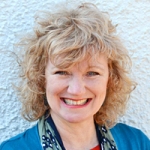
The Connected Baby: How Understanding Infant Brain Development Changes Our View of Humanity

Dr. Suzanne Zeedyk is a research scientist fascinated by babies’ innate capacity to connect. Since 1993, she has been based at the University of Dundee (Scotland), within the School of Psychology, where she now holds an Honorary Post. In 2011, she stepped away from a full-time academic post in order to establish an independent training enterprise, the aim of which is to help the public understand what science now understands about the importance of emotional connection for human health and happiness. She works internationally with organisations keen to think more deeply about fostering connection, compassion and resilience. In the last 5 years, more than 40,000 people have attended her speaking events. Suzanne’s core aspiration is to strengthen awareness of the decisions we take about caring for our children — because those choices are integrally connected to our vision for the kind of society we wish to build. More information is available on www.suzannezeedyk.com.
Human infants are born already connected to other people. Over the past 30 years, science has gained a much better understanding of the sophistication of babies’ innate social capacities, including the way that infants’ early emotional experiences drive brain development. Many practitioners remain unaware of these discoveries, despite the implications they hold for delivering high-quality care. This presentation will review these discoveries and reflect on what they tell us about our own humanity. Emotionally healthy individuals and emotionally healthy societies rely on empathy, resilience and trust. These qualities are precisely the ones being wired into the brain in the earliest years of life.
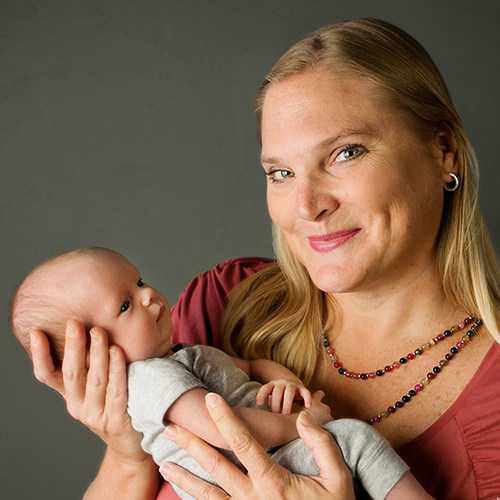
The Crying Curve and the Impact on Postpartum and Breastfeeding

A love for babies fueled Kimberly's 20+ year career serving families in the postpartum time frame. With a passion for nurturing new parents, she trains doulas and educators with CAPPA to support and educate for a strong beginning of bonding and connection. She loves teaching expectant families to have a smooth transition to new baby life through the Providence Healthcare System in Portland, OR. She began as a postpartum doula, then quickly added breastfeeding and new parent classes to help parents from the very beginning, and then became an IBCLC to meet their bigger challenges. She owns ABC Doula & Newborn Care in Portland, OR, is the mother of 2 grown kids, and resides in Phoenix near her parents. Like many other baby whisperers, Kimberly has honed skills for listening and responding to babies that parents can quickly learn to understand and interpret their tiny humans. When she sees parents struggling, and especially with the most fussy of babies, her heart hopes that all parents could be given the tools to compassionately support their little ones, and learn how to meet their needs, which creates more confidence in themselves in their new roles as well.
Topic: Understanding Infant Crying - [View Abstract]
The Crying Curve is an evidence-based pattern of crying that begins at about 42 weeks of gestation (2 weeks of extrauterine life), peaks at 6-8 weeks of age, and sharply declines by 12-15 weeks. As many as 15 different studies have concluded that this pattern is common across infants of all cultures, gestational ages (based on a 40-week gestation), and parenting styles—and the applications are many in the early parenting world. How can parents use this pattern to help them navigate breastfeeding? How can they gather their support people, family or village to maximize positive relationships and get the support they crave? How can they utilize it to help assess their newborn and understand what is needed for their specific situation? How much crying is too much crying? Lactation consultants, postpartum doulas, and other postpartum professionals who possess this information are well positioned to help to educate parents on how to best approach their postpartum recovery period, as well as navigate the ups and downs of breastfeeding and early newborn sleep. This session will aim to explain and apply the Crying Curve in multiple ways to support and guide the newborn family.
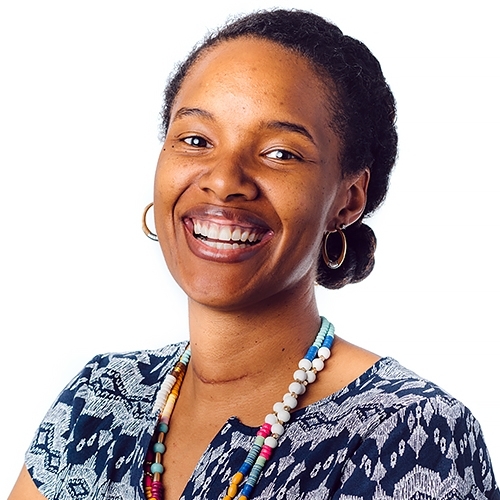

Nikki Hunter Greenaway is a board-certified family nurse practitioner and internationally board-certified lactation consultant in New Orleans, Louisiana. In 2011, she founded Nurse Nikki Family & Maternity Services, a health consulting firm where she educates and counsels women, families, schools and businesses about pregnancy, birth, postpartum, breastfeeding, and new baby care. October 2018 she opened Bloom Maternal Health, a women’s health clinic that provides prenatal counseling and postpartum recovery care. Nurse Nikki is the co-founder of Louisiana’s first free-standing infant feeding clinic, the New Orleans Breastfeeding Center. She also co-created Café au Lait Breastfeeding Circle for Families of Color and Nikki & Nikki Lactation Career Consultants two important resources needed to improve breastfeeding outcomes specifically in the Black community. Nikki is a wife and mother of 3 mini breastfeeding activists.
Lactation consultations delve into perfecting a latch, maximizing milk supply and even recovering from giving birth. Very few visits discuss how breastfeeding can affect intimacy. The research on breastfeeding and intimacy is scarce and the assessment tools and evidence-based solutions are almost nonexistent. Perinatal providers often don’t recognize the relevance or have time to troubleshoot the inquiries. Lactation specialists understand that the situation exists but may not know how to approach the line of questioning or how to provide solutions. This webinar will illustrate the relationship between lactation-specific hormones and sex hormones. It will present the mental and physical struggles that families face when tackling the topic of returning to intimacy when breastfeeding. Providers and lactation consultants will receive recommendations on how to approach, assess and assist in resolving clients’ perceptions and concerns surrounding breastfeeding and intimacy. Discussion will offer web resources and how to add the topic into community resources.

View Details / Enroll

The Effects of Stress On The Mother-Baby Dyad

Elissa is a passionate osteopath, business owner and mentor.
Elissa has worked as an Osteopath in private practice in Melbourne since graduating in 1998.
She started her own multidisciplinary clinic in 2002, combining osteopathy with, massage, naturopathy, kinesiology and counselling. In 2015 Elissa merged her business with a local podiatrist and started The Balwyn Health Hub.
She is well known for her treatment of children and pregnant women although her patient base also includes a strong focus for; the family unit, the elderly, performers, athletes and the chronically ill. Her special interest in osteopathic diagnostic reasoning often helps patients understand why chronic dysfunctions are not healing.
Elissa's passion for working with pregnant women, babies and children allows close professional relationships with lactation consultants, midwives and doulas which has led to her guest lecturing at a number of multidisciplinary conferences.
The stresses faced by each new mother will reflect her unique experience of conception, pregnancy and birth and these stresses can significantly influence the mother-baby bond. Even the most well researched birth plan can be subject to variations and complications that will inevitably put additional stress on the mother. Difficulty breastfeeding is often one of the first signs of stress on the mother-baby unit; it’s success or failure can drastically influence the early bonds made between the dyad. The neuroendocrine system has many ways of responding to these stresses and knowledgable manual therapists have an opportunity to support both the mother and baby towards optimal physiology.
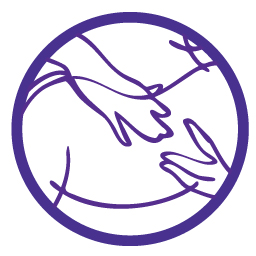
View Details / Enroll
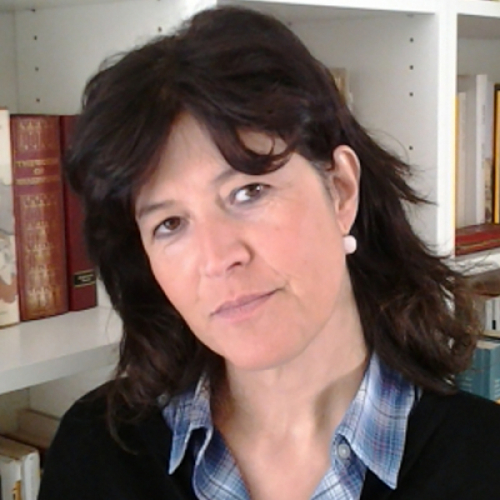

Maria Caterina Cattaneo is a psychotherapist with a psychodynamic orientation and EMDR practitioner. In the 90s she accumulated a large experience in the field of the clinical psychology of the developmental age, both in public hospitals (Child and Adolescent Neuropsychiatry department in Lecco, and a collaboration with the department of Neonatal Pathology in Monza), and in the Scientific Institute Eugenio Medea in Bosisio Parini, where she has also done research on depression in children and adolescents, giving an important contribution to the Italian version of the Achenbach CBCL (4-18) . For several years she worked on the protection of minors (at the department of Social Services of the city of Monza) , conducting diagnosis and microanalysis of highly conflictual couples, and support groups for parents. Besides her free practice, since 2006 she has been coordinating the project on “When birth becomes crisis”, a collaborative project between the departments of Neonatology and Neonatal Pathology of the Maternity Hospital Mangiagalli in Milan and the Consultorio Familiare “Genitori Oggi”and , since the last year, in the Humanitas Hospital PioX. The clinical activity consists of psychological work in the maternity wards, inside the Hospital, and, when needed, therapeutic intervention with mothers or fathers , couples or mother - infant bonding at the Perinatal Psychology Unit, founded in 2006 at the same hospital. Since 2008 she has started the research activity of the Unit on the prevention of post-partum depression; some results of this research have been published in international journals, and have been presented at several AISMI conferences, while others are in the process of publication. In the last years she has started, with her collaborators, a new research project based on the use of EMDR in perinatal psychology, implying the preparation of two new protocols on delivery trauma and problems concerning breastfeeding.
After childbirth, between 3 and 9% of women develop trauma-related symptoms characterized by a constant state of alert as if the danger was still ongoing. This can include intrusive memories / intrusive images, sleeping disorders and signs of dissociation. Puerperal women may experience a sense of inadequacy and / or impotence. If untreated, these peri-traumatic issues can affect the mental and physical health of the mother. The follow-ups of a birth trauma can also lead to significant impairment in the construction of a secure prìmary relationship between the mother and the baby {the basis of the subsequent attachment bond). A secure attachment, on the other hand, is a protective factor against possible psychological and psychiatric problems in childhood, adolescence and adulthood. This presentation will will provide an introduction to the use of Eye Movement Desensitization and Reprocessing (EMDR) as a treatment for birth trauma and how it may be clinically applied in the maternity ward.
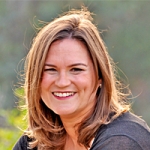
The Ethics & Realities of Forced Cesarean Surgery

Jen Kamel is a VBAC strategist, national speaker, and founder of VBAC Facts®. VBAC Facts was born out of her own frustration as a cesarean parent attempting to understand the medical literature and political barriers surrounding VBAC. Her mission is to increase VBAC access through educational programs, legislative action, and amplifying the consumer voice. She envisions a time when every pregnant person seeking VBAC has access to unbiased information, respectful providers, and community support so they can plan the joyful birth of their choosing in the setting they desire. She travels the country presenting her signature program, “The Truth About VBAC” and speaking at various regional and national conferences, including Human Rights in Childbirth, DONA International, and the Indiana Midwives Association. She has testified multiple times in front of the California Medical Board on the importance of VBAC access and is a board member for the California Association of Midwives.
Are women forced into cesarean surgery? How is this possible? When does it happen? Why does it occur? And what do forced/coerced cesareans really look like? This session will explore the extreme disconnect between medical evidence, national guidelines, ethical responsibilities and the current maternity care system. We will focus on the role of hospital “VBAC bans” which restrict access to vaginal birth after cesarean and mandate repeat cesarean as well as the public health fallout of such policies. We will review how forced cesareans can occur in the face of national guidelines that denounce them while professional ethics simultaneously affirm and honor the autonomy of the pregnant person. Finally we will close with how we can turn the tide, create change, and improve the care our clients and children will ultimately receive.





